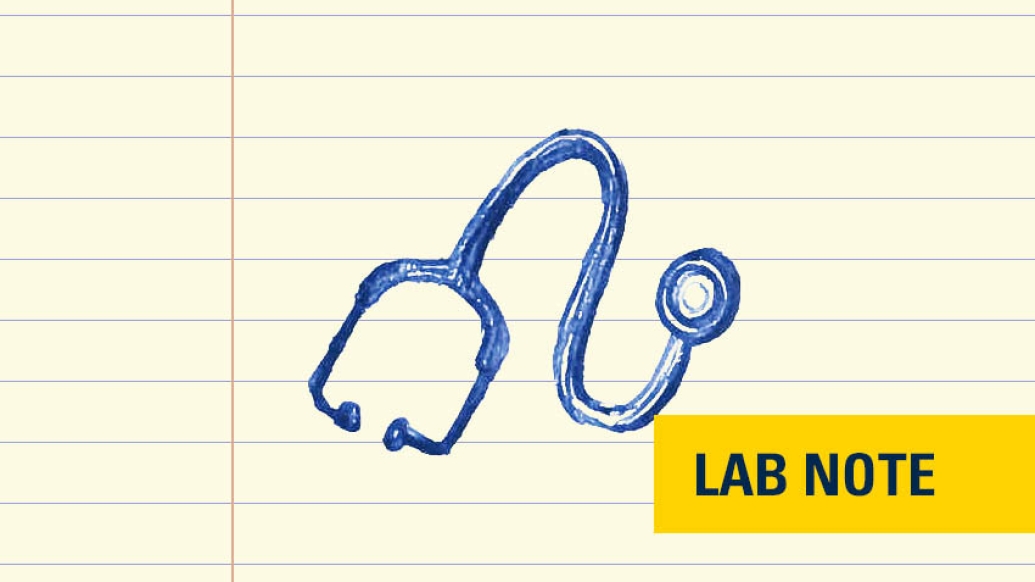A new study finds physicians and other health care professionals have different voting behaviors than other professions and the general public.
1:27 PM
Author |

According to a new study, currently a preprint that is expected to be published in the Journal of General Internal Medicine, physicians were significantly less likely to vote in general elections than other professions and the general public.
Analyzing data from the U.S. Census Bureau, study authors compared health care professions, such as physicians, dentists and registered nurses, to other professions, such as secondary teachers, civil engineers and lawyers. The health care provider professions were significantly less likely to vote than their comparison professions and the general public. When compared to the general public, physician voting rates were 12% lower than expected. By contrast, the comparison professions were more likely to vote than the general public.
So why are physicians less likely to vote?
Physicians were 70% more likely to report being too busy with conflicting work or school compared to the general public.
They also showed different voting behaviors than the general public. The study found that physicians were 30% more likely to vote by mail and 15% more likely to vote prior to election day.
"Increasingly, health care is at the forefront of the national conversation," says Rachel Solnick, M.D., M.Sc., lead author of the study and a fellow in the University of Michigan Institute for Healthcare Policy and Innovation National Clinical Scholars Program. "Stepping into our public role as health advocates should be seen as an extension of our professional obligations, given the extent to which health outcomes are impacted by policy. Early voting and vote by mail facilitate this duty, but should be more heavily championed by health care employers when considering the patient-care demands that make it difficult to vote on Election Day."
Solnick and Kocher hope the study demonstrates the need for health care organizations to allow for flexible scheduling, voter registration drives and education on mail-in voting.
"Physicians and health care professionals bring a unique perspective that should be considered and valued when shaping public policy," says Keith Kocher, M.D., M.P.H., senior author of the study, an associate professor of emergency medicine and learning health sciences at Michigan Medicine and also a member of U-M IHPI. "This has been especially evident during the COVID-19 pandemic."
Solnick agrees, "We hope our study provides evidence that there is room for encouragement and growth in voting numbers among our fellow health care professionals."
Paper cited: "Voting Behavior of Physicians and Healthcare Professionals," DOI: DOI: 10.31235/osf.io/chg26.

Explore a variety of healthcare news & stories by visiting the Health Lab home page for more articles.

Department of Communication at Michigan Medicine
Want top health & research news weekly? Sign up for Health Lab’s newsletters today!





